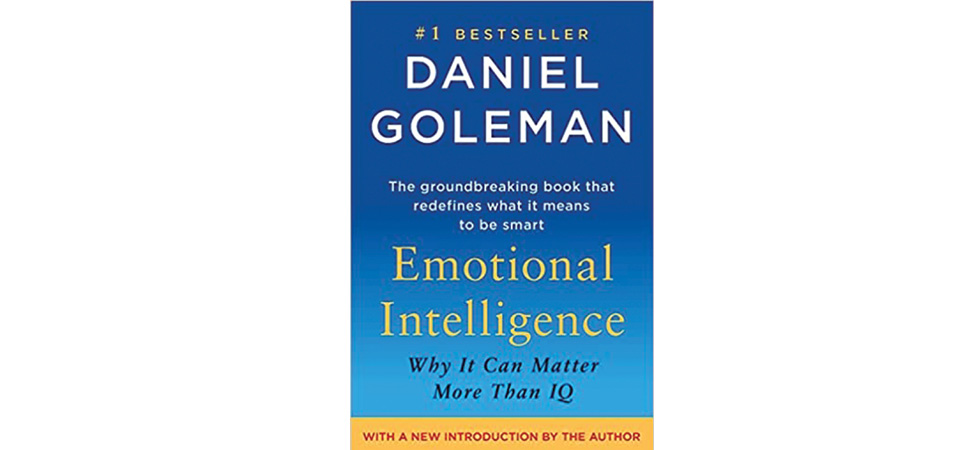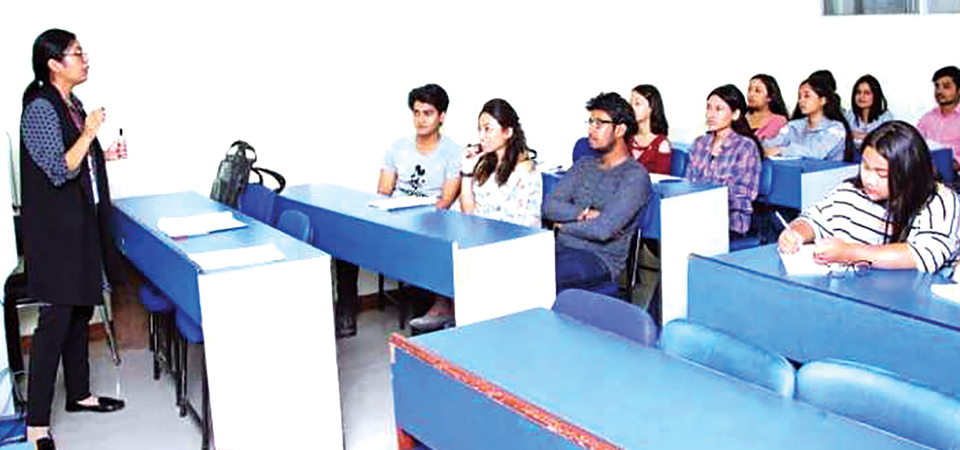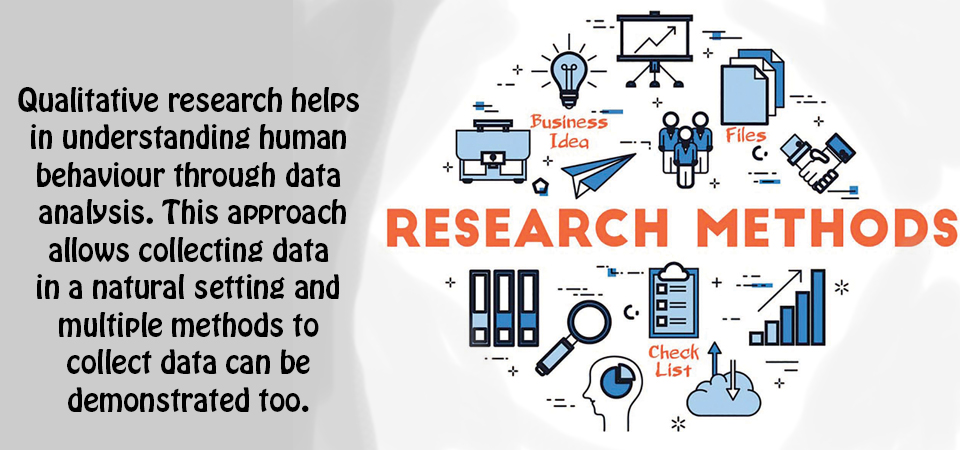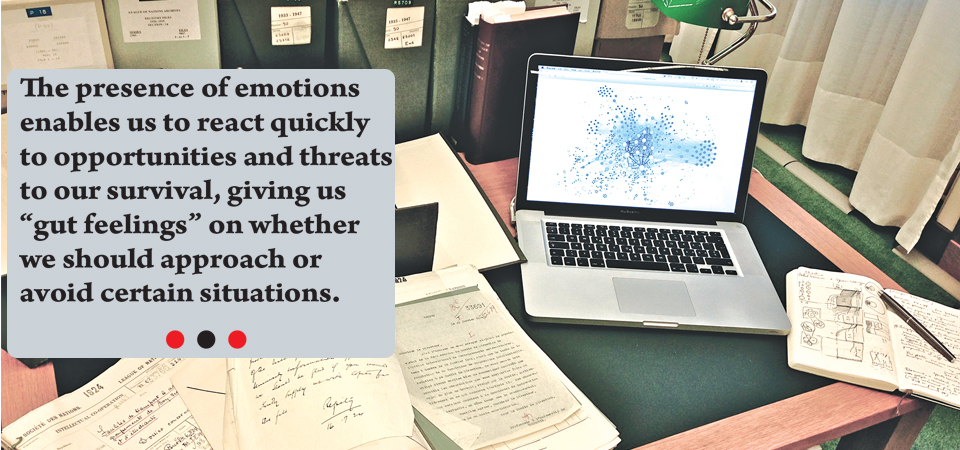Parenting During Pandemic

Pushpa Priya
Parenting during pandemic is more challenging as it demands a lot of patience, determination, courage, optimistic vision and unconditional love. Taking challenges as an opportunity, parents can bring positive changes in children. COVID19 Pandemic has brought distress and psychological distress among parents as the nature of this pandemic is observed to be dangerous and uncertain.
However, it is a great opportunity for parents to demonstrate their inner qualities and highest potential to make positive changes within; that may have positive impact on children as well. Taking challenges as an opportunity, parents can bring positive changes in children. Adoption of some of the strategies like meditation, breathing exercise and yoga helps in relieving stress by which parents can better guide children in a positive direction.
Different Skills
They may also be able to insert different skills into their children that help little ones grow into emotionally strong beings. Parents should imbibe different skills in children through proper guidance that helps in coping with every challenge that the future has planned for them. Among many skills, Emotional Intelligence and positive affirmation are the most powerful skills in shaping children’s future in a secure way.
Many recent research studies have shown that emotional intelligence(EI) is more important than Intelligence quotient(IQ) to live a happy and healthy life. In order to be competent in today’s competitive era, Emotional Intelligence(EI) mainly plays a significant role. Perceiving these parents should help their children grow emotionally intelligent. Emotional Intelligence means channelizing emotions in a positive way. Dr. John Gottman, American Pyschologist through his research studies, shows that children who are brought up by better emotions coaching parents turn out to be successful in academics. In addition, get along better with peer groups and develop social skills.
According to him, there are some of the ways to make children develop emotional intelligence; and for this, parents must work. Parents should be aware of their own and children’s emotions and should take it as an opportunity to connect with strong emotional bond with child. They should give full attention to the emotional expression of the children and make them realise about the way they are experiencing through emotions. Once parents listened carefully of children’s emotional expression, need to make them aware of their driven emotions.
Afterwards, children should be taught with problem-solving skills; and for this, they should be told that all their emotions are acceptable but not all behaviours. For instance, when a child gets angry and hits or harms one and others; they should be said that their angry emotions can be acceptable but not the action or behaviour that comes out of it as harming oneself and others. In this way, they may learn not to worsen the situation through disruptive behaviours.
Children make mistakes; and it is okay, since they are going to learn from it. However, parents should work on it by making mistakes made by a child as an opportunity to work for their betterment, mainly strengthening their mental abilities.
Mostly children learn from the behaviour of their parents. In this sense, parents play a great role in determining children’s emotional well being. Parents should help children in making decision skills and problem solving skills. For instance, if the child is stuck to gadgets for long hours watching some worthless programmes, parents should talk about its pros and cons; and let him/her decide.
Children may internalise over time by picking the best option. And this may help children with decision making skills. Children should also be taught anger management skills by helping them differentiate between feelings and behaviours.
According to Dr. Nadia Persun, Clinical Psychologist, there are some strategies for managing anger. Perceiving anger in children is an opportunity for parents to adopt some strategies to calm them. Anger is a basic universal emotion and it is natural. If we do not allow children to express anger it will be regarded as unhealthy.
They should know about every emotion. When they are allowed to display their emotions and guided with appropriate way in handling it, that may help them in developing with problem solving skills and coping with any kind of emotions. In the context of managing emotions, parents should work on three areas of emotional awareness: labelling them and teaching children to produce healthy behavioural responses and solutions; calming them and relaxing.
Emotional Intelligence
Emotional Intelligence (EI) benefits children with a happy and successful life in every aspect. This skill helps in problem solving and managing any kind of conflict in personal and professional life. Children with high levels of emotional intelligence are less prone to mental health problems.
The American Academy of Paediatrics (AAP) advised parents not to use any kind of technology to calm the negative emotions of their children as it may generate a number of problems including the inability of children to develop their own emotion regulation. Parents should accept and be very tolerant towards every emotion of the children.
If parents start punishing for the negative emotions imposed by their children, it may result in disturbing the emotional balance of both children and parents; and children start growing emotionally weak and vulnerable to any difficult situation in life. Parents should take acceptance of every emotion of their children as an opportunity to teach them by labelling and tolerating.
Positive Self-Image
Likewise, parents should also help children develop positive self-image . For this, practising positive affirmation may help as it provides positive reinforcement and boosts self-esteem of children Focusing on positivity every time will train subconscious mind and they develop positive self-image. Parents should never hesitate to praise their children for every small effort as it enhances level of confidence.
According to Heather Wallace, Positive Parenting Expert, affirmations are a powerful tool in helping children grow into their positive identity. We get what she says we sow. It means if we bring positive affirmation in daily practice among children; they will focus on positive traits and reproduce the same in their life. Children should be taught to accept both compliments and criticism as it fills them with inner confidence in any life situations and that inner confidence cannot be snatched by anyone.
(The writer teaches English in a college)
Recent News

Do not make expressions casting dout on election: EC
14 Apr, 2022
CM Bhatta says may New Year 2079 BS inspire positive thinking
14 Apr, 2022
Three new cases, 44 recoveries in 24 hours
14 Apr, 2022
689 climbers of 84 teams so far acquire permits for climbing various peaks this spring season
14 Apr, 2022
How the rising cost of living crisis is impacting Nepal
14 Apr, 2022
US military confirms an interstellar meteor collided with Earth
14 Apr, 2022
Valneva Covid vaccine approved for use in UK
14 Apr, 2022
Chair Prachanda highlights need of unity among Maoist, Communist forces
14 Apr, 2022
Ranbir Kapoor and Alia Bhatt: Bollywood toasts star couple on wedding
14 Apr, 2022
President Bhandari confers decorations (Photo Feature)
14 Apr, 2022










